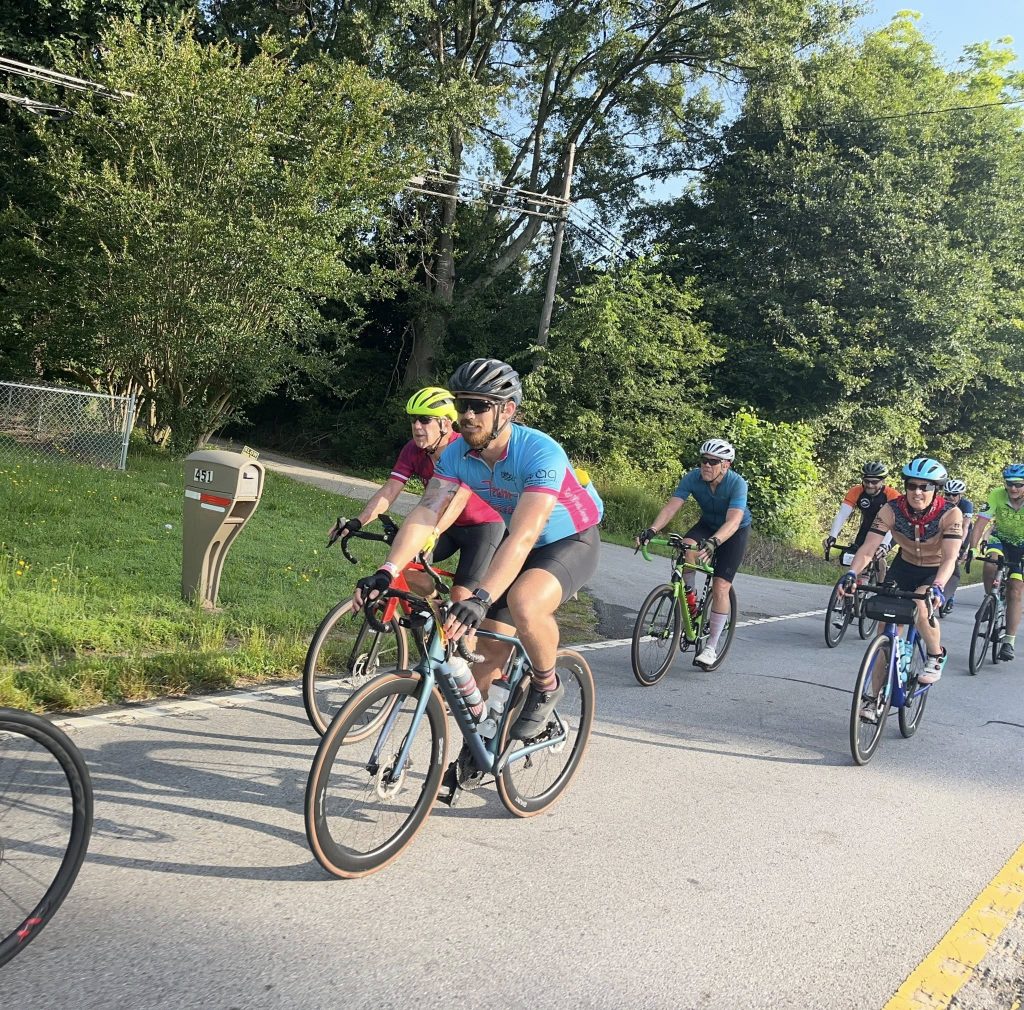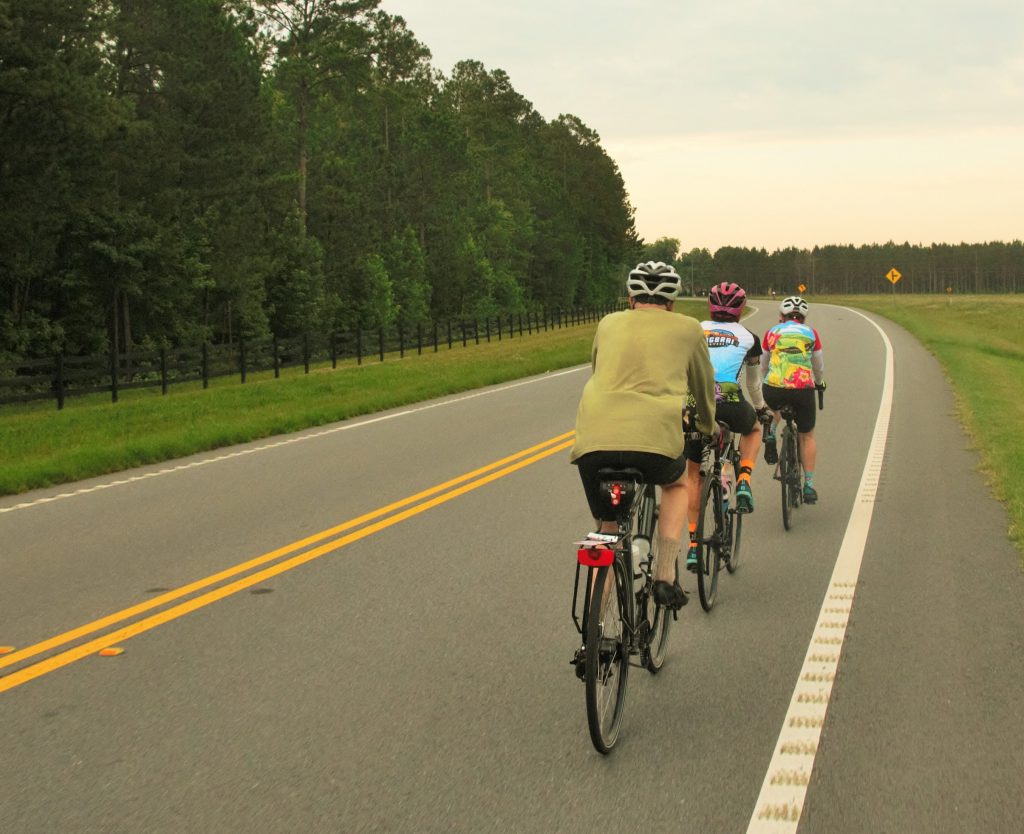The century ride—100 miles on a road bike—represents a significant milestone for cyclists. Whether you’re contemplating your first century or trying to improve your time, understanding the factors that influence completion time can help you set realistic expectations and prepare effectively.
The Short Answer
Most recreational cyclists complete a 100 mile bike ride on the road in 6 to 8 hours of riding time. However, this can vary dramatically based on fitness level, terrain, weather conditions, and riding strategy. When including rest stops, the total event time typically ranges from 7 to 10 hours.
Breaking Down the Numbers
Average Speed Expectations
- Beginner cyclists: 12-14 mph (7-8 hours riding time)
- Recreational cyclists: 15-17 mph (6-7 hours riding time)
- Experienced cyclists: 18-20 mph (5-5.5 hours riding time)
- Competitive cyclists: 21+ mph (under 5 hours riding time)
These speeds represent sustained averages over the full 100 miles, not peak speeds during portions of the ride. Based on data from Cycling Level, a good 100-mile time averages 6:44:28 across all ages and genders, with men averaging 6:26:43 and women 7:47:22. For those training for long-distance events, maintaining an average speed of 16-18 mph is considered a good target.

Factors That Affect Your Time of a 100 Mile Bike Ride
Fitness Level and Experience
Your cardiovascular fitness and cycling-specific conditioning are the primary determinants of your century performance. Regular training that gradually builds endurance will have the most significant impact on your completion time.
Terrain and Elevation
Flat routes naturally allow for faster times, while hilly or mountainous courses can add hours to your ride. A century with 3,000+ feet of elevation gain will typically take 1-2 hours longer than a flat course for the same rider.
Weather Conditions
- Headwinds can reduce your average speed by 2-4 mph
- Tailwinds can increase speed by a similar margin
- Temperature extremes affect performance and require more frequent stops
- Rain slows progress and requires more cautious riding
Bike Setup and Equipment
- Bike fit: Proper positioning reduces fatigue and increases efficiency
- Tire pressure and type: Well-maintained, appropriate tires can save significant energy
- Gear ratios: Having the right gearing for the terrain prevents unnecessary strain
Nutrition and Hydration Strategy
Poor fueling can lead to bonking (sudden energy depletion), which can add hours to your ride or force you to abandon the attempt entirely. See the tips further down in this article for more details.
Typical Century Timeline
Here’s what a recreational cyclist might expect for their century day:
Hours 1-2 (Miles 0-30): Fresh legs, likely riding at or slightly above target pace Hours 3-4 (Miles 30-60): Settling into rhythm, first substantial food and rest stop Hours 5-6 (Miles 60-80): Mental and physical challenges begin, more frequent stops needed Hours 7-8 (Miles 80-100): The final push, often the most challenging miles.

Training for Your Target Time on Your Next 100 Mile Bike Ride
For Your First Century (8+ hours)
Focus on gradually building endurance with:
- One long ride per week, building to 60-70 miles
- Regular rides of 30-40 miles
- Practice nutrition and hydration strategies
- Don’t worry about speed—focus on finishing
For Sub-7 Hour Goal (14+ mph average)
- Include interval training and hill repeats
- Build long rides to 80+ miles
- Practice maintaining target pace for extended periods
- Focus on efficient pedaling technique
For Sub-6 Hour Goal (17+ mph average)
- Structured training plan with varied intensities
- Regular rides at or above century pace
- Strength training to support power development
- Advanced nutrition and pacing strategies
Century Day Strategy Tips
Pacing
Start conservatively—aim to negative split the ride (faster second half). Many cyclists blow up by going too hard early.
Rest Stops
Plan stops every 20-25 miles. Keep them brief (10-15 minutes) to avoid stiffening up, but take enough time to properly refuel and address any equipment issues.
Nutrition
- Consume 200-300 calories per hour after the first hour
- Drink 16-24 ounces of fluid per hour
- Mix solid and liquid nutrition sources
- Practice your nutrition plan during training rides
- Hydration
- Proper hydration is critical for century performance. Sports nutrition experts recommend:
- Aim for 500-750ml (16-24 ounces) of fluid per hour
- Use a combination of water and electrolyte sports drinks
- Even minor dehydration hurts performance
- On hotter days, consider extra electrolyte (non-carb) fluids while staying within your hourly carb limits# How Long Does It Take to Road Bike 100 Miles?
- The century ride—100 miles on a road bike—represents a significant milestone for cyclists. Whether you’re contemplating your first century or trying to improve your time, understanding the factors that influence completion time can help you set realistic expectations and prepare effectively.
Hydration
Proper hydration is critical for century performance. Sports nutrition experts recommend:
- Aim for 500-750ml (16-24 ounces) of fluid per hour
- Use a combination of water and electrolyte sports drinks
- Even minor dehydration hurts performance
- On hotter days, consider extra electrolyte (non-carb) fluids while staying within your hourly carb limits# How Long Does It Take to Road Bike 100 Miles?
The century ride—100 miles on a road bike—represents a significant milestone for cyclists. Whether you’re contemplating your first century or trying to improve your time, understanding the factors that influence completion time can help you set realistic expectations and prepare effectively.
Mental Preparation
The mental challenge often exceeds the physical one. Break the ride into smaller segments and celebrate reaching each milestone.
When Things Don’t Go as Planned
Even experienced cyclists have challenging century days. Mechanical issues, weather changes, or simply having an off day can significantly impact your time. Remember that finishing is an achievement regardless of the clock.
Setting Realistic Expectations
Your first century should prioritize completion over speed. Many cyclists find their subsequent centuries much faster as they learn pacing, nutrition, and develop the specific fitness required for long-distance cycling.
For reference, most organized century rides have time limits of 8-10 hours, acknowledging that this is a reasonable timeframe for recreational cyclists to complete the distance safely.
Conclusion
While the question “How long does it take to bike 100 miles?” has a wide range of answers, most cyclists can expect to complete their century in 6-8 hours of riding time. The key to success lies not just in physical preparation, but in understanding pacing, nutrition, and mental strategies that make the distance achievable.
Ready to ride a century? Whether your goal is simply to finish or to achieve a specific time, remember that every cyclist’s journey to 100 miles is unique. Focus on consistent training, proper preparation, and enjoy the incredible sense of accomplishment that comes with completing your century ride.
The miles may be long, but the memories last a lifetime.
